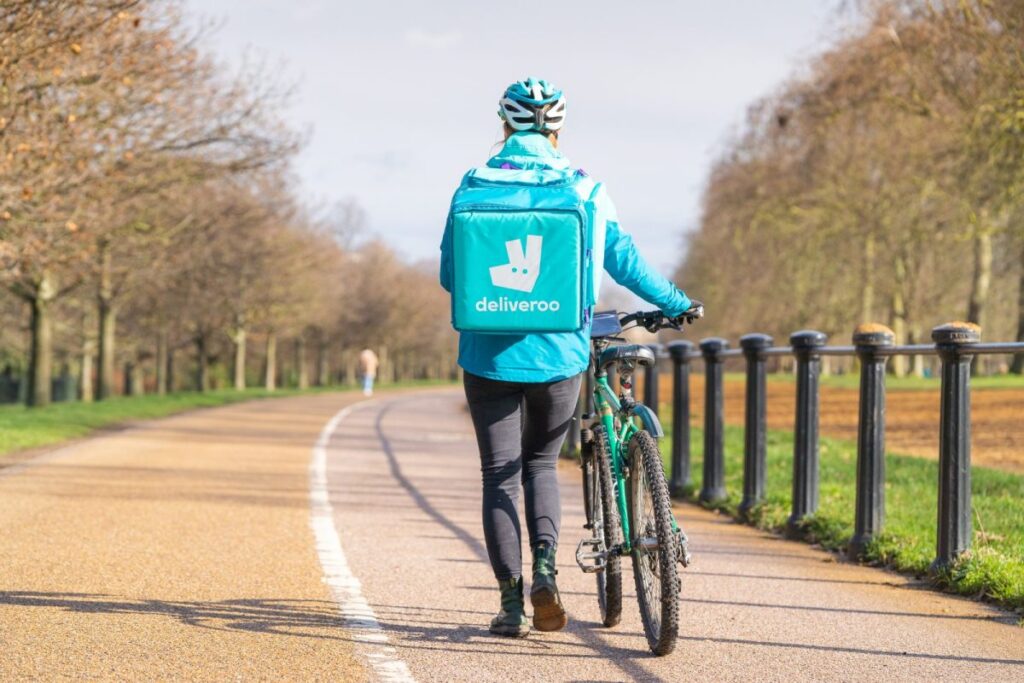
Deliveroo’s 2021 flotation had been tipped as London’s hottest IPO. Within days it was rebranded one of the worst in history.
The company had been valued at a whopping £7.6bn, making it one of the top tech firms in Britain and propelling its co-founder, Will Shu, from relative obscurity to a star CEO with a personal fortune worth hundreds of millions. Then-chancellor Rishi Sunak described the company as a “true British success story.”
But moments after shares began trading, the stock tanked, and aside from a fleeting recovery later that year, it has languished at around a third of its initial 390p offer price ever since.
What went wrong? Different corners of London’s capital markets were quick to point the finger at each other.
Some said the price set by lead bankers Goldman and JPMorgan was far fetched (it was already at the bottom end of the range first pitched to investors). Others said “ESG concerns” over the precarious employment of riders made the stock uninvestable. Some baulked at the dual-class structure that gave Shu outsized voting power, and others found the firm’s long route to profitability unpaletable.
But for many, Deliveroo’s IPO flop and the concerns around investing in it were proof that London couldn’t do tech. The markets didn’t just undervalue Deliveroo, they didn’t understand it. No one in New York would have worried about dual classes and making losses.
So perhaps it’s no surprise that Deliveroo has become the latest billion-pound tech business to quit the London Stock Exchange in a takeover deal, this time following an offer by its larger US rival Doordash. The company listed in New York only a few months before Deliveroo but its shares have performed much better.
Doordash’s 180p offer for Deliveroo, somewhere in the middle of what it was once supposed to be worth and what its stock has since slumped to, will hardly settle the debate as to its true potential.
“Management may bewail their London domicile and look enviously at how DoorDash has garnered a loftier valuation, but Deliveroo has found it hard to turn its platform into the amount of profit and cash flow that would justify a loftier price tag,” said Russ Mould, investment director at AJ Bell.
While Doordash is dragging Deliveroo away from London, I for one hope they don’t take Will Shu with them. The company’s co-founder deserves great credit for building a multinational business from scratch amid all the investor skepticism, and the capital still has much to learn from him. Over the course of Deliveroo’s twelve-year life, more than fifty of the company’s employees have gone on to build their own startups, more than any other British unicorn.
Shu is in line for a £170m payday from the Doordash deal, and following in the footsteps of Depop founder Simon Beckerman who sold his London tech firm to the US, I hope he uses the cash to keep investing in British startups.
Before Deliveroo reached its IPO, it had depended on cash from another US tech firm, Amazon, to keep it afloat. Perhaps next time a London startup needs funds to scale, it can rely on a cheque from Shu Capital Partners.
